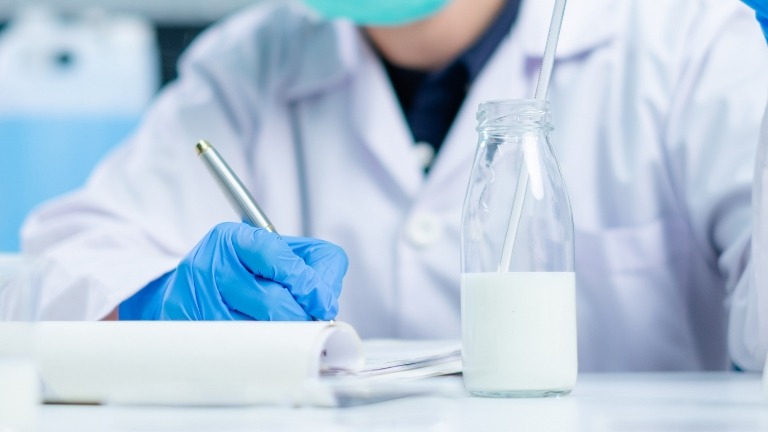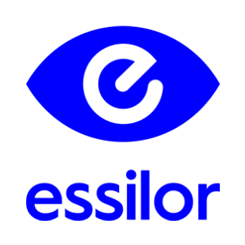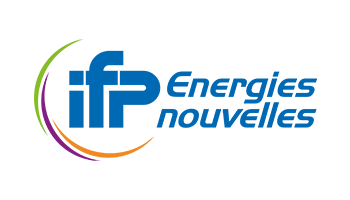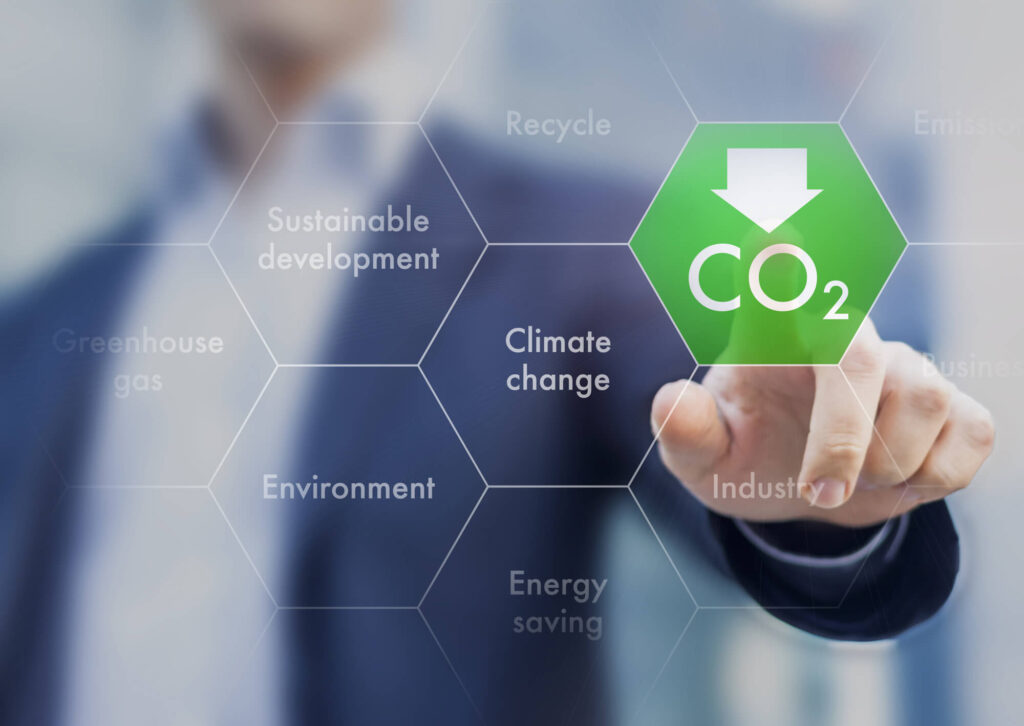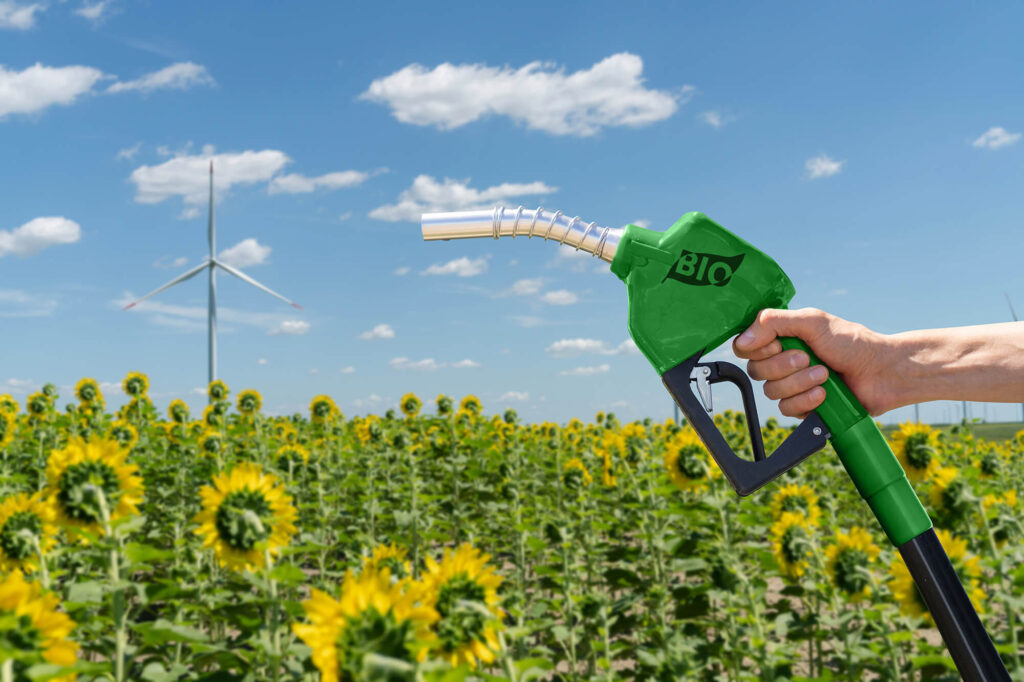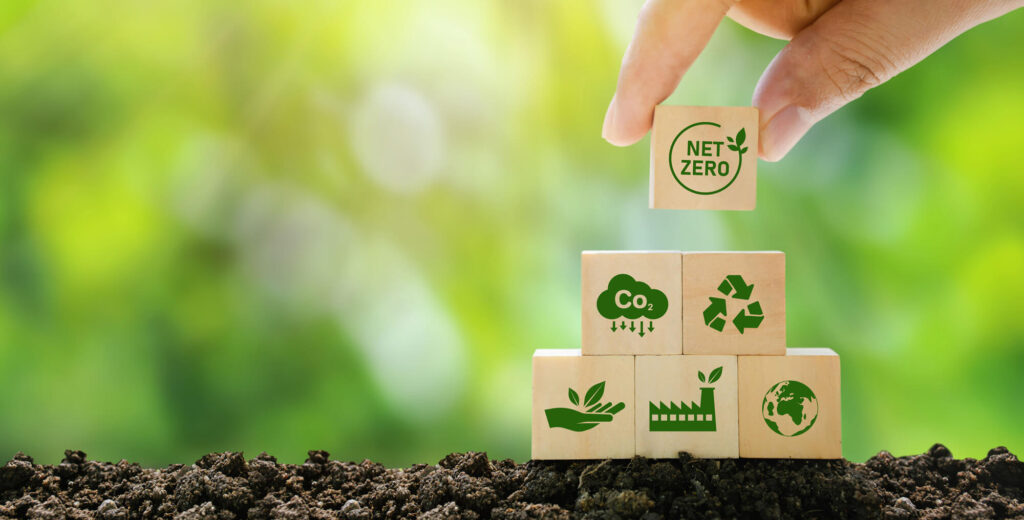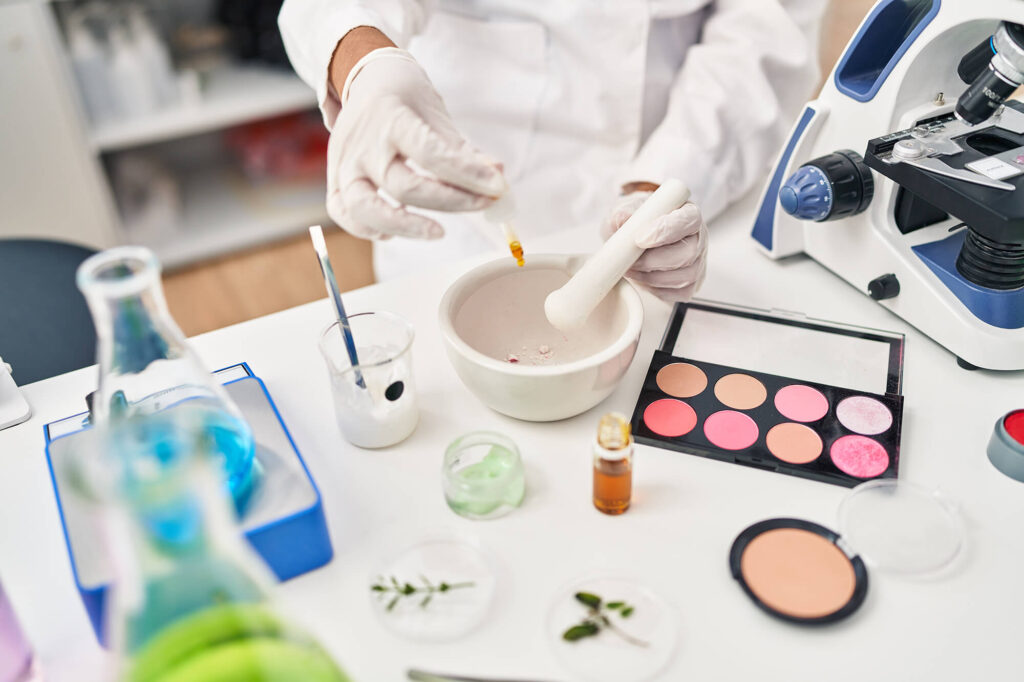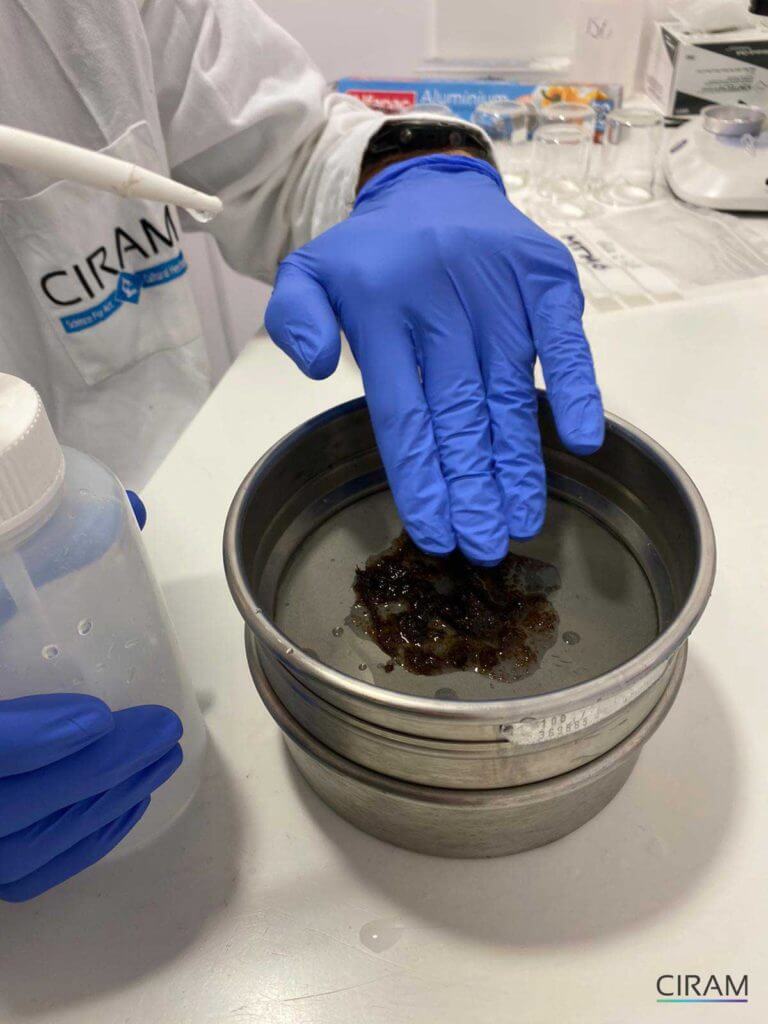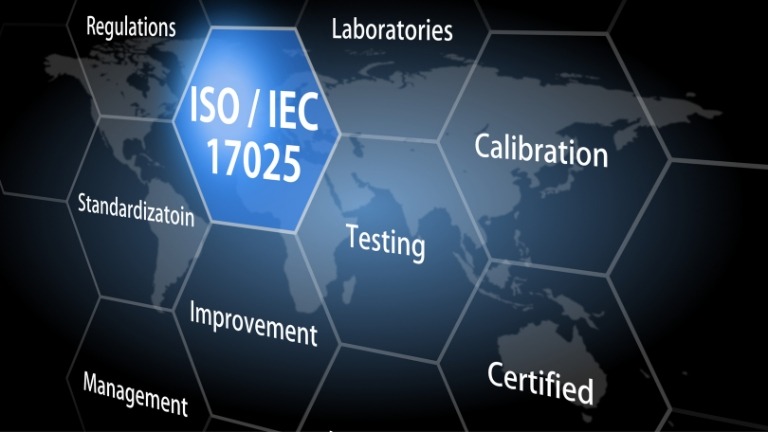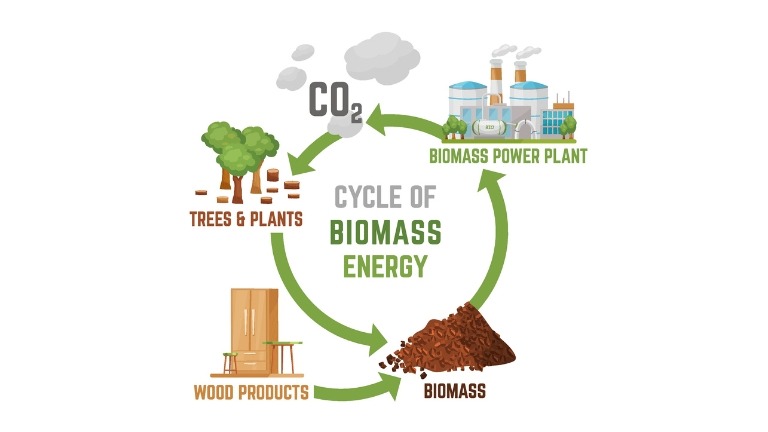01 - Laboratoire de contrôle qualité agroalimentaire
L’analyse des produits industriels au radiocarbone permet de détecter une adultération par ajout de produits synthétiques et de vérifier les procédés de fabrication ou d’extraction. Cette méthode quantifie le pourcentage d’ingrédients naturels et garantit l’intégrité des matières biosourcées.
L’étude des isotopes stables permet aussi de déterminer l’origine géographique et botanique des produits comme le café ou la viande et d’authentifier les produits issus de l’agriculture biologique.
En savoir plus
02 - Analyse des biocarburants
Notre laboratoire mesure la teneur en carbone biogénique et contrôle la composition de vos biocarburants solides, liquides ou gazeux.
L’examen radiocarbone quantifie la part biosourcée par rapport à la portion fossile des biocarburants. CIRAM applique les normes ASTM D6866 pour garantir la conformité des biocarburants avec les exigences réglementaires et environnementales, assurant ainsi leur traçabilité et leur certification.
En savoir plus
03 - Analyse du biogaz et des fumées
L’analyse au radiocarbone permet de mesurer la part de carbone biogénique dans le biogaz et les fumées industrielles. Cette mesure est essentielle pour certifier l’origine renouvelable du biogaz et quantifier la proportion de biomasse brûlée dans les procédés industriels.
CIRAM utilise les normes ASTM D6866 et ISO 13833 pour garantir la conformité aux réglementations environnementales et assurer la traçabilité des sources énergétiques dans une démarche de transition vers des énergies durables.
En savoir plus
04 - Analyse des bioplastiques
Nos experts évaluent la teneur en carbone biogénique de vos biopolymères et bioplastiques par la méthode au radiocarbone. CIRAM applique les normes ASTM D6866 et ISO 16620-2 pour certifier la part biosourcée des matériaux.
Cette analyse est essentielle pour l’obtention des labels écologiques, tels que OK biobased et DIN CERTCO, qui attestent de l’origine renouvelable des bioplastiques et facilitent leur intégration sur le marché durable.
CIRAM a également reçu l’agrément de TUV AUSTRIA en 2024.
En savoir plus
05 - Analyse des matériaux de construction biosourcés
Panneaux isolants, revêtements de sol, ameublement, notre laboratoire examine et évalue le contenu biosourcé de l’ensemble des matériaux de construction.
La réglementation environnementale 2020 (RE 2020) positionne les matériaux biosourcés comme solutions prioritaires dans les constructions neuves. Pour assurer leur certification (notamment le label Karibati) et accompagner les industriels dans la validation de leurs matériaux écologiques, CIRAM applique les normes EN 16640 et EN 16785.
En savoir plus
06 - Combustibles solides de récupération (CSR)
L’analyse radiocarbone évalue la proportion de carbone biogénique dans les combustibles solides de récupération, qu’ils soient gazeux, liquides ou solides.
Cette méthode permet de mesurer précisément la part de CO₂ issue de la biomasse par rapport à celle d’origine pétrosourcée. CIRAM applique la norme EN ISO 21644 pour garantir la conformité des CSR aux exigences environnementales et optimiser leur valorisation énergétique.
En savoir plus
07 - Laboratoire de test des cosmétiques
CIRAM analyse la proportion de produits biosourcés dans les principes actifs et excipients des cosmétiques.
Nous étudions les matières premières, formulations et produits finis grâce au test radiocarbone. Cette analyse s’applique à tous les niveaux de production, de la R&D au produit final, pour garantir un pourcentage optimal de naturalité et aider les marques à obtenir une certification attestant d’une composition respectueuse des standards écologiques.
En savoir plus
08 - Analyse des détergents et tensioactifs
Les détergents et tensioactifs d’origine biosourcée sont de plus en plus demandés pour limiter l’impact environnemental des produits d’entretien. L’analyse au radiocarbone permet de vérifier la proportion de carbone d’origine biologique dans ces formulations.
CIRAM applique les normes ASTM D6866 et EN 16640 pour attester la conformité aux exigences écologiques et soutenir l’obtention de labels valorisant les produits respectueux de l’environnement.
En savoir plus
09 - Analyse des peintures et pigments
Les peintures et pigments biosourcés se développent pour répondre aux exigences des réglementations environnementales et aux attentes des consommateurs. CIRAM évalue la teneur en carbone biogénique dans ces produits pour garantir leur composition et leur conformité aux labels biosourcés.
Grâce à l’analyse au radiocarbone et aux normes EN 16640 et EN 16785, nous aidons les fabricants à certifier leurs peintures et pigments en valorisant leur part biosourcée.
En savoir plus
